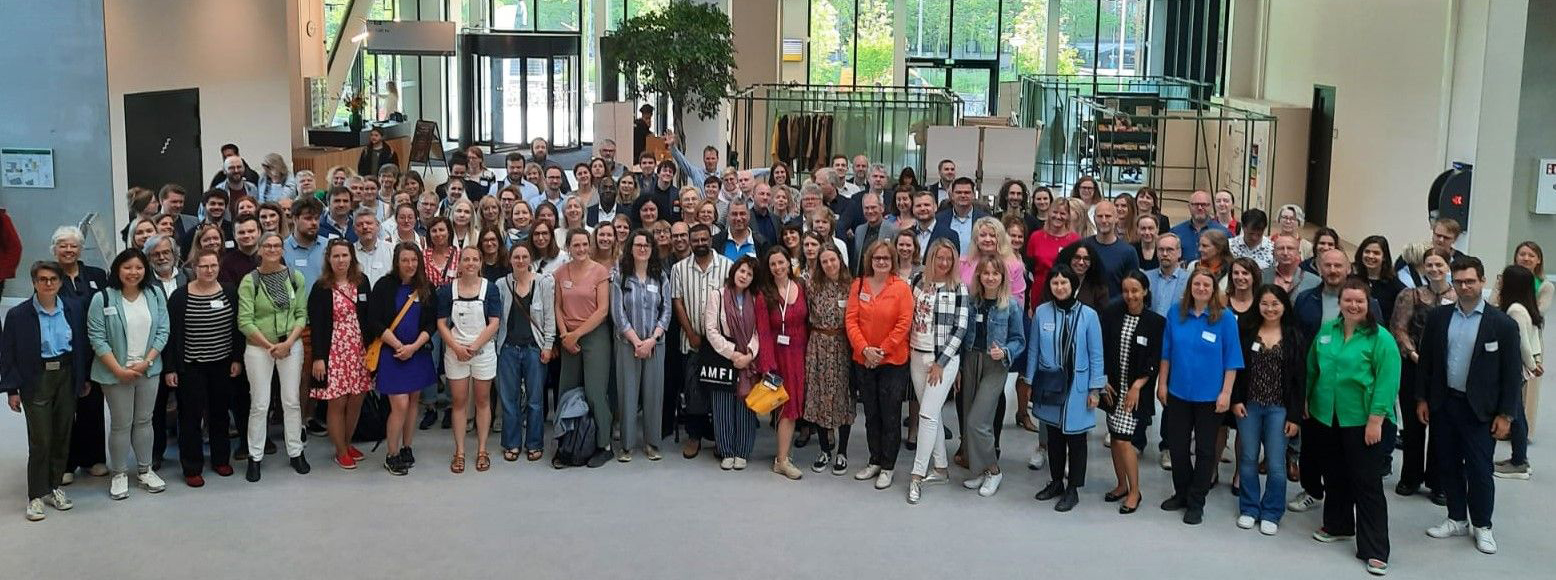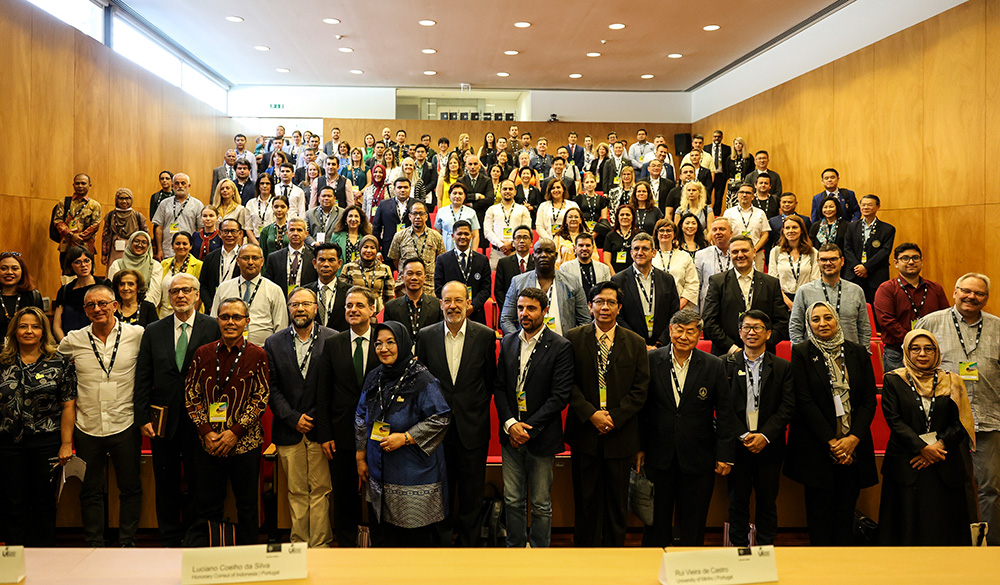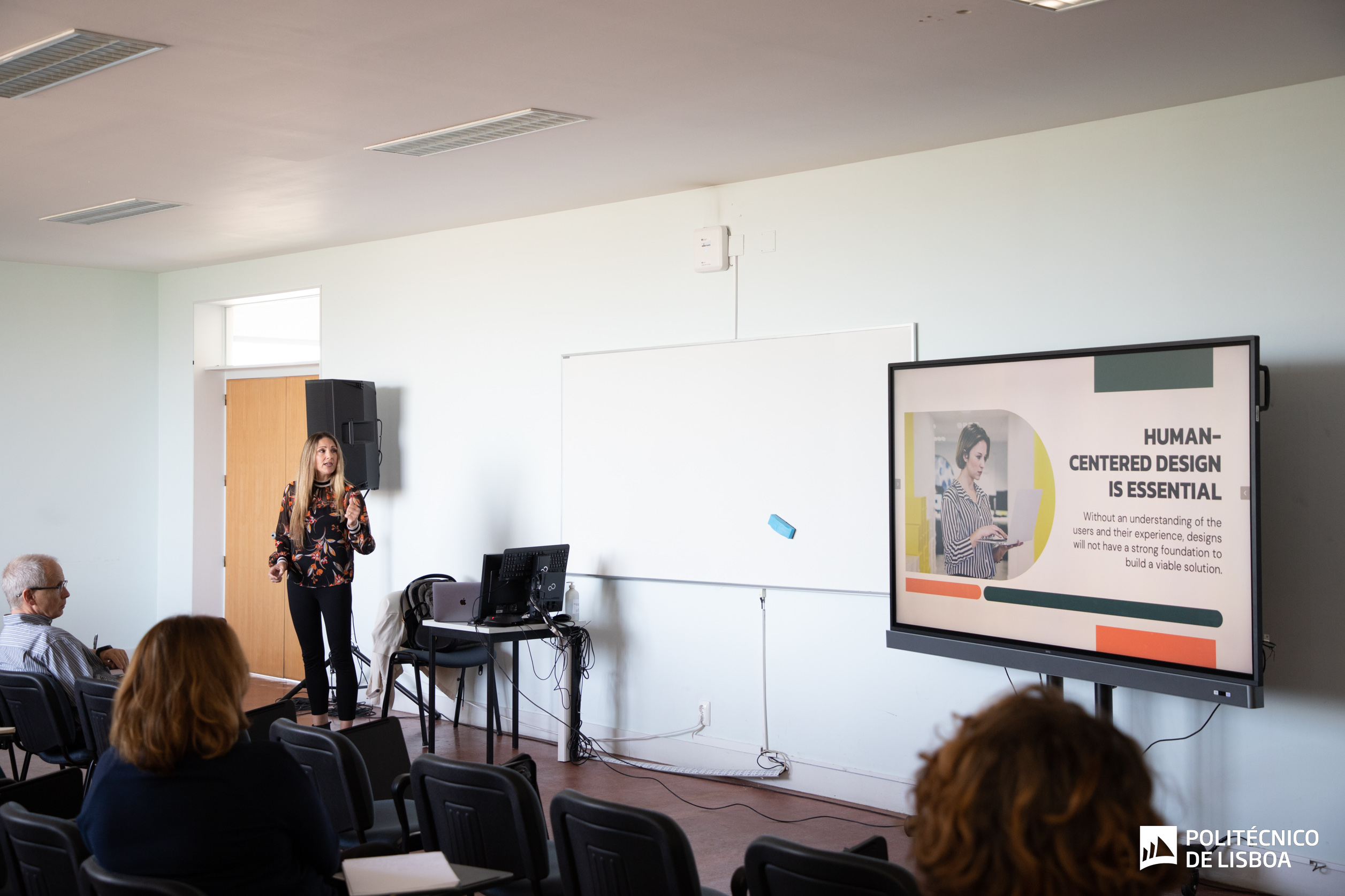


Last update: 31.01.2025
| Curso | Vacancies |
|---|
Last update: 05.02.2025
| Course | Vacancies |
|---|
Last update: 31.01.2025

The workshop directed at the docens of the Higher School of Social Communication, aimed to give to know strategies to pro
Last update: 10.05.2023
In 2014, IPL implemented the Occupational Health Service (SSO-IPL) in close coordination with ESTeSL. While complying with legislation in force regarding the health and safety of IPL workers, the SSO-IPL also ensures occupational health activities for different institutions that employ the services of IPL.
Last update: 11.05.2023
The mission of the Social Action Services (SAS-IPL) is to support students through scholarships and other forms of assistance, so they might have the conditions for their academic success. Within the scope of its activity, SAS-IPL provides support, translated into the allocation of scholarships, accommodation, food, and cultural and sports activities, among others, with a view to the well-being of students.
Last update: 10.05.2023
Internationalization, as a way to integrate the intercultural dimension in teaching, research, and services of the institution, is a strategic pillar of development at IPL.
Last update: 10.05.2023
IPL has a set of services, networks, and programmes to accompany students, as well as various infrastructures to support learning that aim to promote equal opportunities for access and academic success of students, respecting differences and stimulating inclusion.
IPL students can join the IPL Interpeer Mentoring Programme– MENTori@IPL, which aims to strengthen the strategies of integration and academic experience in higher education, along with other activities developed by IPL and its Schools.
